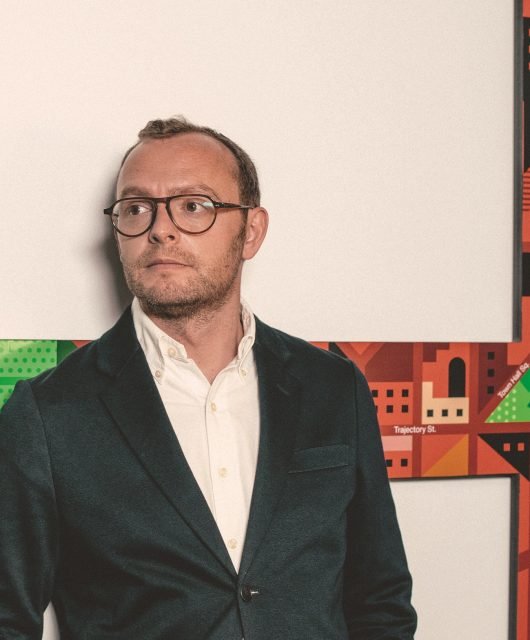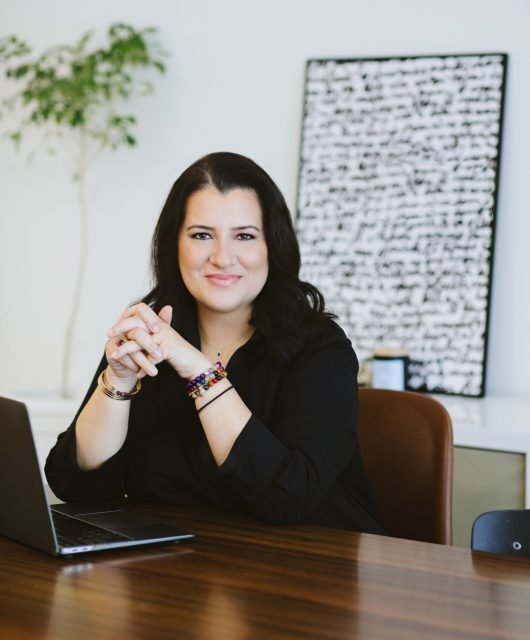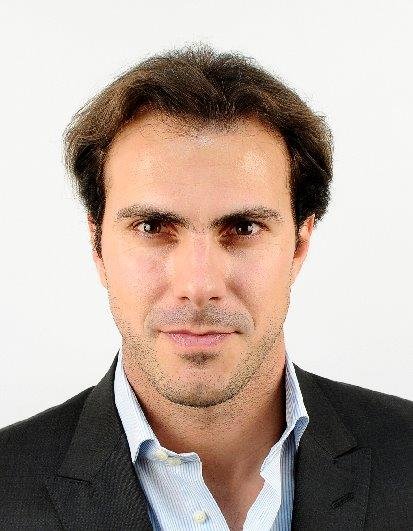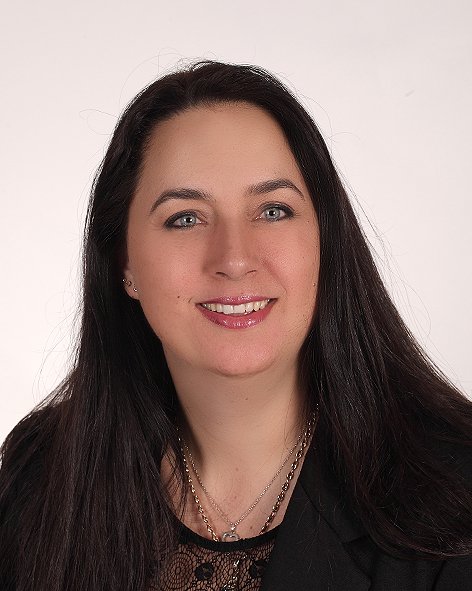How Industries In The Middle East Are Getting Closer To Young Consumers
By: Zoha Zoya, Head of Experience Design, R/GA London
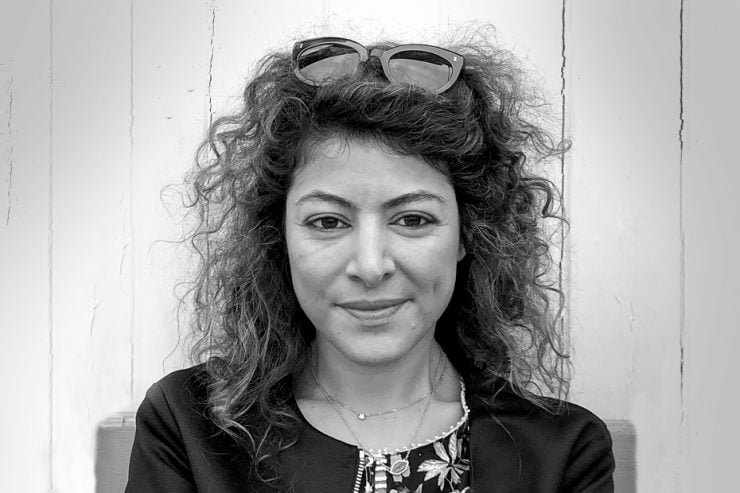
In times of change and uncertainty, it’s essential for brands to embrace creativity and innovation to find opportunities that can inspire and drive positive change in the world around us. The Gulf has been mastering this approach and accelerating new ways of thinking as a way to showcase a new vision for the region – and ultimately future proof it for the next generation.
There has been huge investment in diversifying the economy here, with rapid digital transformation in entertainment and tourism and now a thriving hub for innovation in fashion and luxury. In addition to this, with COP28 on the horizon, many brand marketers are rightly placing sustainability at the top of their agenda. The Gulf Corporation Council (GCC) region is also pouring money into Web 3 and metaverse capabilities across industries, including the ‘Emirates Metaverse Strategy’ initiative, which aims to put the city in the top 10 metaverse economies in the world and create 40,000 virtual jobs. That would bring in a huge $4 billion to the local economy over the next five years.
If you couple this landscape of rapid innovation with the fact that the region has one of the world’s fastest-growing populations, with the vast majority being under the age of 25, according to The Economist, you have one of the most exciting cultural and technological movements in the world.
Gen Z are digitally connected and very tech savvy. They spend much more of their time online compared to previous generations. Even before the pandemic, they were more likely to socialise, shop and play games online which then further accelerated during lockdown. 87% of Gen Z said they play video games on devices such as smartphones, gaming consoles, or computers weekly. So, this technological investment aligns with an ever-growing gaming population – with MENA-3 gamers reaching 65.32 million in 2021 and projected to rise to 85.76 million in 2025.
They are the new economy powerhouses, but convincing them to buy products is trickier. They are more likely to skip ads, and prefer to engage with more subtle product placements through content that resonates with them. They are always on the hunt for new and authentic brands that are progressive and inclusive and demand that brands activate their purpose to create social change, have fair labour practices, and commit to protecting the planet in a sustainable way.
In return, we’re starting to see brands and organisations building strategies around this. We’re seeing more purpose-led ideas to help solve economical, financial, political and societal problems including cyber security, debt, adoption, corruption and female empowerment. More importantly, the brands who are standing out are the ones who have been able to dig deep into those problems whilst integrating good storytelling and innovative uses of technology – meaning they engage emotionally with younger consumers and build everlasting relationships with them.
For example, Home Center, a leading furniture retail brand in the Middle East, is one of the first brands to launch an initiative that boldly challenges the stigma around child adoption in the region. The initiative was launched through a beautifully crafted video on social media and displayed in physical stores, and integrated into the ecommerce platform by showcasing experts’ views and practical advice to help couples in embarking on the adoption journey. The campaign also included famous influencers who have adopted or been adopted themselves, to become part of the initiative by sharing their personal stories.
Similarly K-Lynn, a lingerie brand, created an ecommerce campaign for breast cancer checks by tapping into a great insight about how much time women spend browsing lingerie sites yet don’t spare 5 minutes to do a self check. The brand created a simple yet powerful way to utilise model shots to educate women and it is now a seamless integration in the ecommerce experience with clear guidance to how to do the check or book an appointment with a consultant. In return, they have reported an increase in mammogram checks in affiliated clinics and as a result increased direct sales on the site.
Financial intuitions in the region are also playing a new role in becoming a companion for the younger generation and bringing in new modern ways to be inclusive and help people manage their finances. R/GA London partnered with the National Bank of Kuwait, the oldest bank in the region, to launch Weyay, the first digital bank catering for young Kuwaitis to empower them to manage their money and prepare them for the future. The digital bank has been built by understanding beliefs, opinions, and behaviors of young Kuwaitis and designed every step of the way to empower them transition smoothly through key milestones from being university students to first time jobbers.
As the region continues on this journey of change, brands looking to capitalise here must also look at new ways to resonate with the younger generations. By understanding their needs, dreams and aspirations for the future, brands can start building real and deeper relationships with young customers that can move towards real meaning and brand love.

